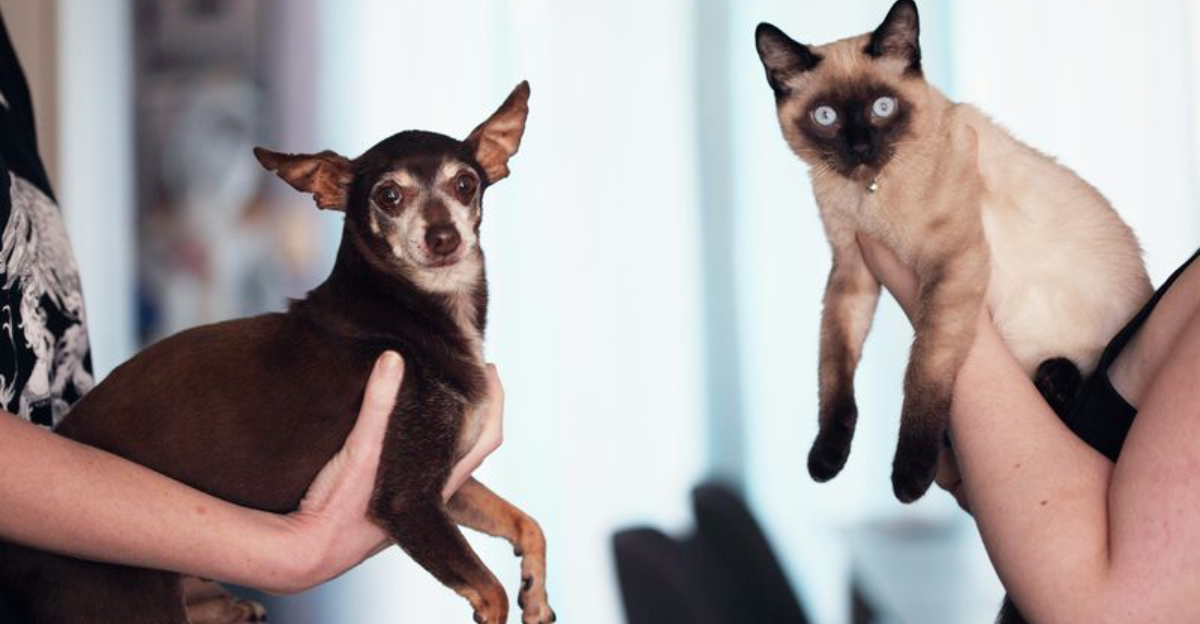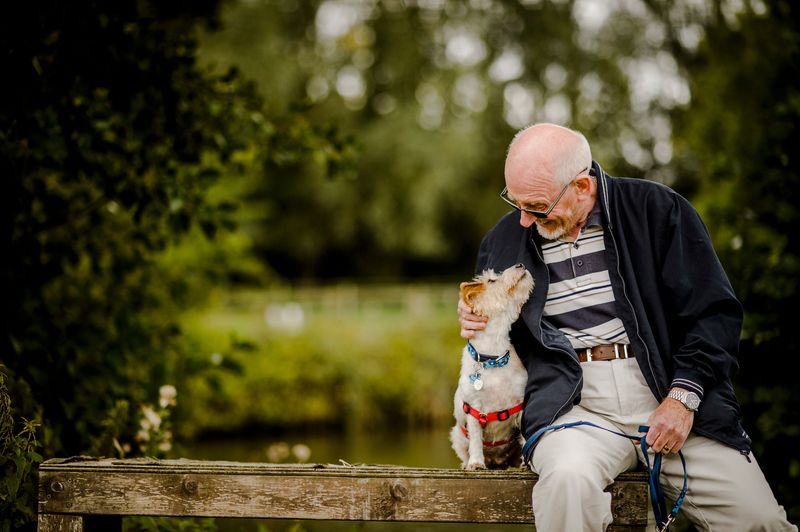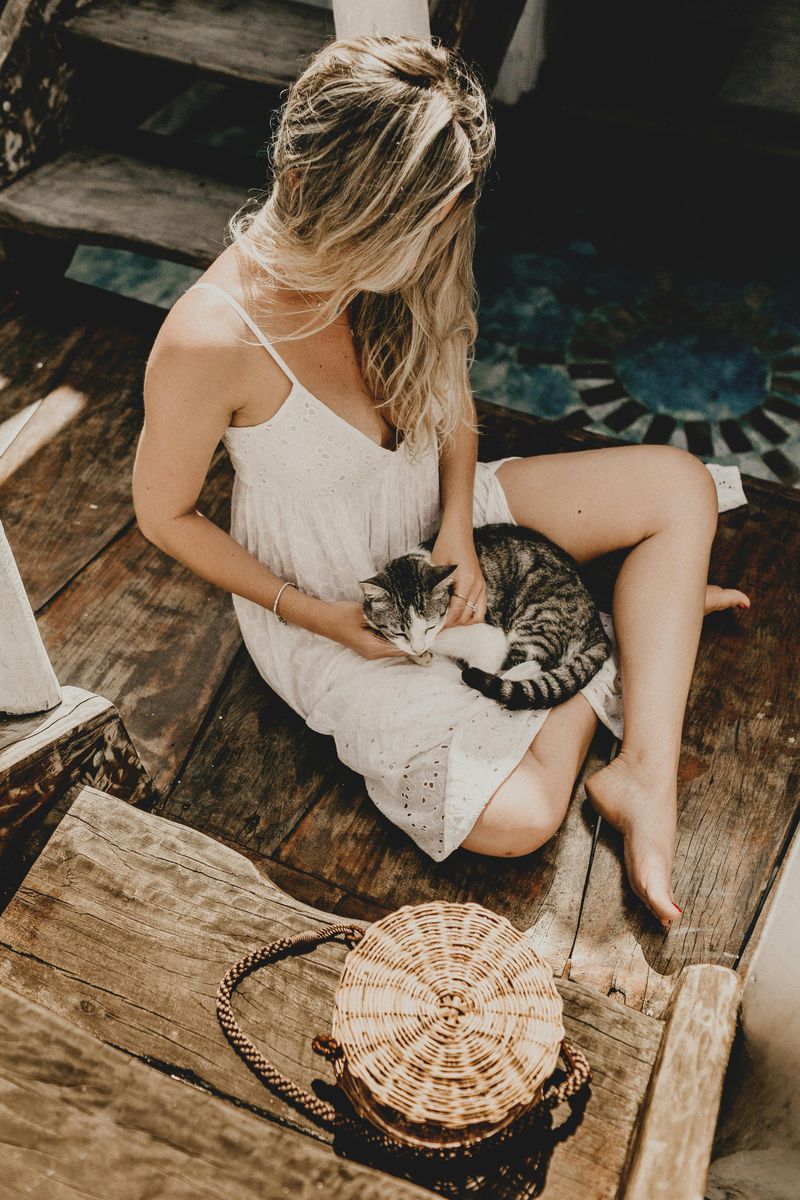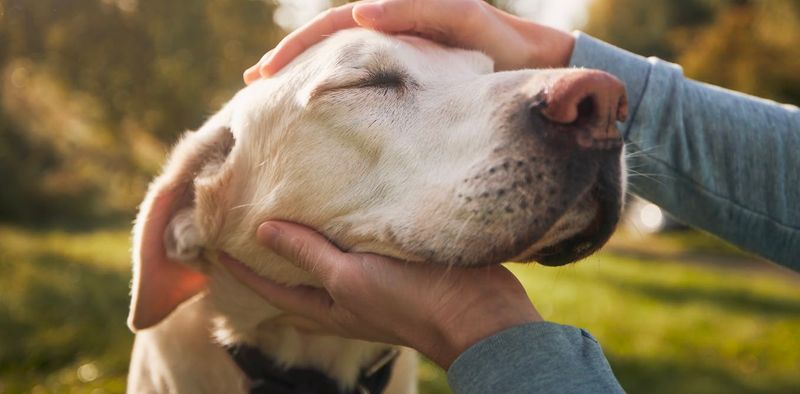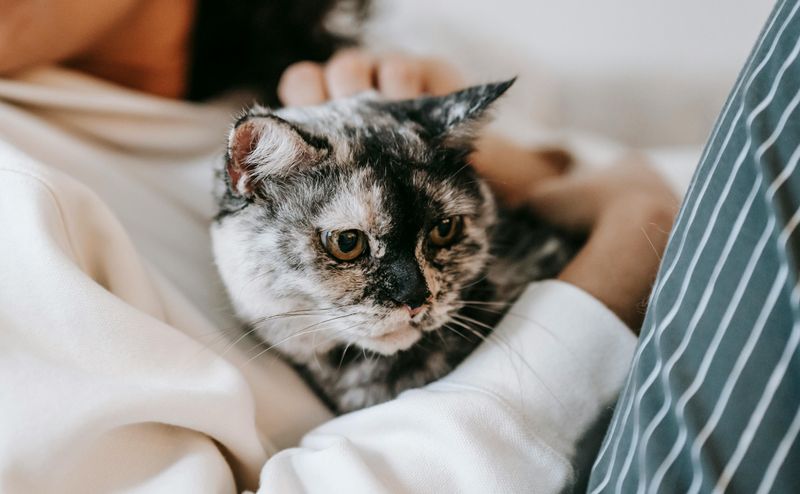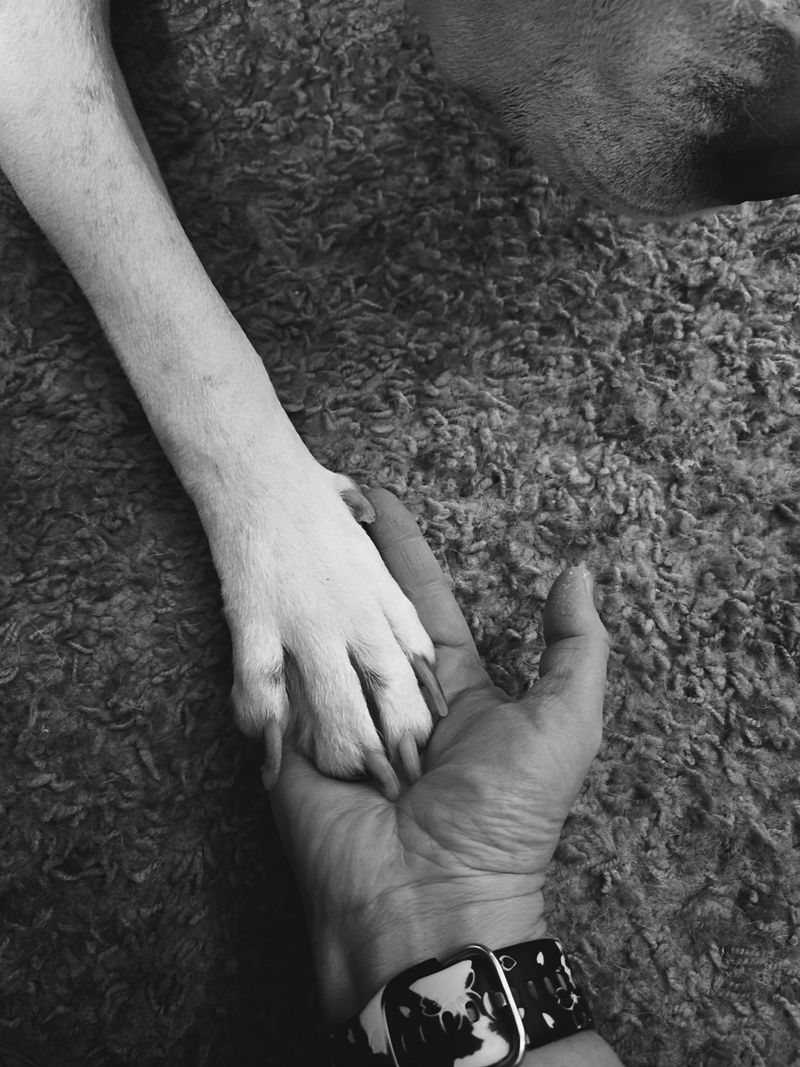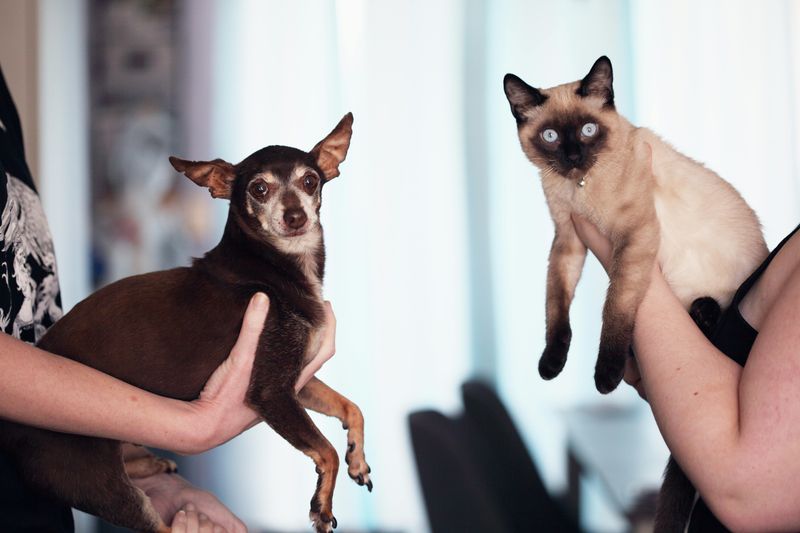📖 Table of Content:
- 1. Dog Owners Report Higher Overall Happiness
- 2. Cat People Often Score Higher on Intelligence Tests
- 3. Dog People Are More Extroverted and Agreeable
- 4. Cat People Tend to Be More Open and Sensitive
- 5. Dog Owners Experience More Social Interactions
- 6. Cat Owners May Experience Higher Levels of Neuroticism
- 7. Dog People Prefer Structure and Routine
- 8. Cat People Value Independence
- 9. Both Pet Owners Are Happier Than Non-Pet Owners
The age-old debate between cat lovers and dog enthusiasts isn’t just a matter of preference—it’s also a fascinating window into personality, psychology, and even happiness. While some people find joy in the playful companionship and loyalty of dogs, others seek comfort in the quiet independence of cats. But what does science have to say about how these preferences reflect on our mental well-being?
Across several studies in psychology and behavioral science, researchers have unearthed revealing differences between cat people and dog people. These differences extend far beyond the pets themselves, offering insight into who we are, how we think, and what might bring us joy. Whether you’re a feline fanatic or a dog devotee, your choice may be more telling than you think.
In this article, we’ll explore nine science-backed truths that shed light on the happiness levels, personalities, and social lives of pet lovers. Some findings may surprise you—others might affirm what you’ve always believed. Either way, you’re about to get a data-driven glimpse into the psychology of pet preference.
1. Dog Owners Report Higher Overall Happiness
Studies have consistently found that dog owners tend to score higher in self-reported happiness than cat owners. This isn’t to say that cats make people unhappy, but rather that the lifestyle that comes with owning a dog often fosters well-being. Regular walks, playtime in parks, and social interaction with other dog owners all contribute to improved mood. Researchers believe that dogs help reduce loneliness and encourage more physical activity. Additionally, owning a dog often instills a sense of routine and responsibility, both of which are linked to emotional stability. Dog people tend to form strong emotional bonds with their pets, which reinforces feelings of companionship and purpose. While individual differences exist, the pattern across surveys and studies leans toward dogs bringing a bit more sunshine into daily life.
2. Cat People Often Score Higher on Intelligence Tests
Interestingly, when intelligence tests are part of personality studies, cat lovers often come out on top. Research shows that those who prefer cats tend to engage more with abstract thinking and complex problem-solving. This may be because cat owners are typically more introverted, giving them more time for solitary intellectual pursuits. Unlike dogs, cats demand less time outdoors, offering owners more uninterrupted mental space. Scientists suggest that this extra time may be one factor in the development of cognitive skills or knowledge-seeking behavior. Cat lovers also tend to score higher in openness to experience, a trait correlated with intellectual curiosity. So while they might be quieter socially, cat people are often mentally bustling behind the scenes.
3. Dog People Are More Extroverted and Agreeable
Dog lovers tend to display personalities marked by sociability, friendliness, and emotional expressiveness. Psychological profiles of dog people often reveal elevated scores in extroversion and agreeableness. This can be attributed to the active and social nature of dog care—regular walks, visits to parks, and frequent public outings. People who enjoy dogs may be drawn to them precisely because they reflect and reinforce these traits. Unlike cats, dogs require human interaction and thrive on attention, which suits extroverted personalities. Agreeableness also shines through in the nurturing behaviors many dog owners exhibit. The bond with a dog often mirrors the owner’s innate tendency to seek connection and harmony with others.
4. Cat People Tend to Be More Open and Sensitive
In contrast to dog lovers, cat people are often described as introspective, emotionally sensitive, and open-minded. These qualities are consistently observed in personality studies that track preferences across pet types. Rather than seeking constant external stimulation, cat people are more attuned to subtle emotional and sensory experiences. This allows them to appreciate art, literature, and abstract ideas at a deeper level. The independence of cats also aligns well with individuals who value personal space and freedom of thought. These traits often manifest in creative expression, making cat lovers more likely to pursue artistic or unconventional careers. Ultimately, their connection with cats reflects their comfort with quiet complexity over outgoing simplicity.
5. Dog Owners Experience More Social Interactions
Beyond companionship, dogs serve as social bridges that naturally connect people. Whether it’s a walk around the neighborhood or a visit to the vet, dogs often facilitate small talk and build community. Studies indicate that dog owners are significantly more likely to engage in casual conversations with strangers. This frequent interaction helps combat loneliness and may improve overall mental health. In contrast, cat ownership is more home-bound and solitary, resulting in fewer chances for spontaneous connection. People who thrive in social settings often find that a dog enhances their social presence. For extroverts or those seeking community, a dog can be more than a pet—it can be a social catalyst.
6. Cat Owners May Experience Higher Levels of Neuroticism
Somewhat surprisingly, research has linked cat ownership with higher scores in neuroticism. This personality trait encompasses emotional variability, sensitivity to stress, and a tendency to experience mood swings. Cat people may be more susceptible to overthinking or anxiety, though not necessarily in a negative way. Their emotional depth can translate into greater empathy, awareness, and creativity. However, the more solitary lifestyle of cat ownership may sometimes reinforce introspective tendencies that lead to rumination. It’s important to note that neuroticism isn’t a flaw—it simply describes a different emotional processing style. For cat lovers, this sensitivity often deepens their bond with their pets and the world around them.
7. Dog People Prefer Structure and Routine
Daily life with a dog naturally creates a framework of predictability and routine. From morning walks to feeding schedules, dog owners often operate on a tight structure. This appeals to individuals who value order, responsibility, and time management. Such personality types often score high on conscientiousness—a trait associated with discipline and organization. Studies have found that dog owners are more likely to enjoy task-oriented environments and plan-driven lifestyles. They tend to take comfort in knowing what’s next and often extend that preference into their work and personal lives. While this may sound rigid, it provides a sense of control that contributes to their happiness and success.
8. Cat People Value Independence
Rather than routine, cat lovers typically prioritize autonomy and flexibility in their daily lives. The low-maintenance nature of cats allows owners more freedom and less obligation, which suits their personalities. Independence is a hallmark trait among cat people, often leading them toward careers and hobbies that require self-motivation. They may be less concerned with external validation and more focused on personal growth or creative expression. This sense of freedom extends to how they interact with others, often favoring deep one-on-one connections over large group settings. Cat ownership allows for affectionate companionship without demanding constant attention. For those who thrive in solitude or reflection, the cat-human dynamic is perfectly tailored.
9. Both Pet Owners Are Happier Than Non-Pet Owners
Regardless of whether someone loves cats or dogs, owning a pet tends to enhance overall life satisfaction. Numerous studies show that pet owners experience less loneliness, lower blood pressure, and better emotional well-being. The presence of a pet creates a sense of purpose, responsibility, and unconditional love. These benefits aren’t exclusive to any one animal—both dogs and cats offer comfort and connection. Pet ownership often encourages mindfulness and stress reduction through physical affection or playful interaction. Whether you’re cuddling a cat during a quiet evening or playing fetch with a dog in the park, the result is the same: a happier, more fulfilled life. Even for those who don’t strongly identify as a cat or dog person, the presence of an animal companion can offer profound psychological rewards.
